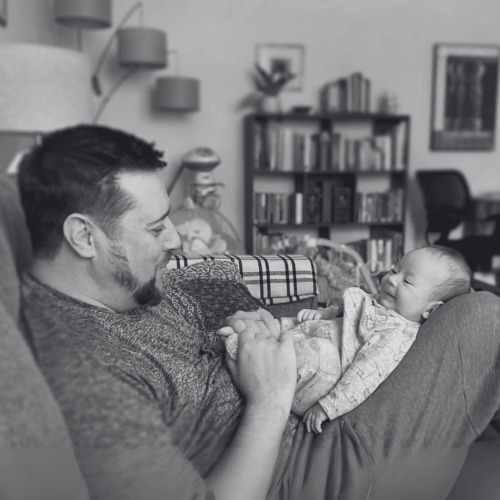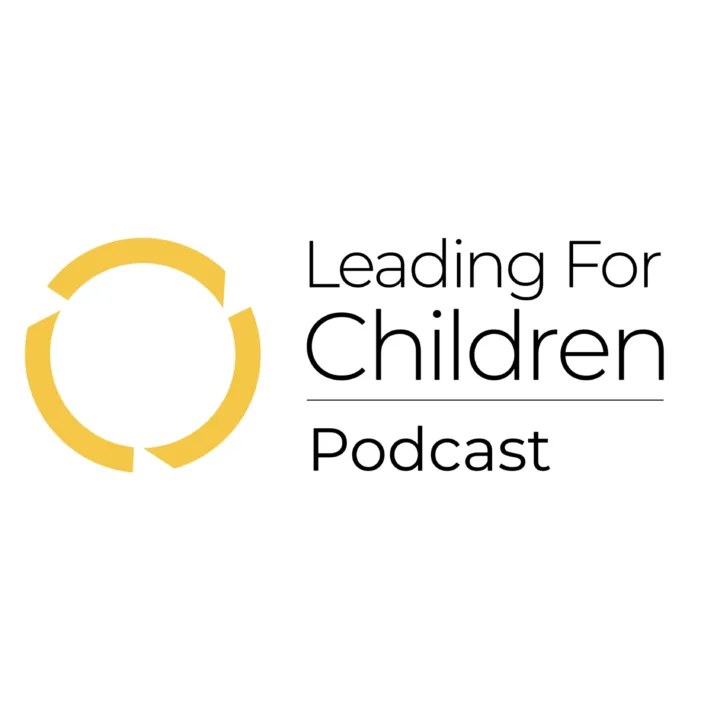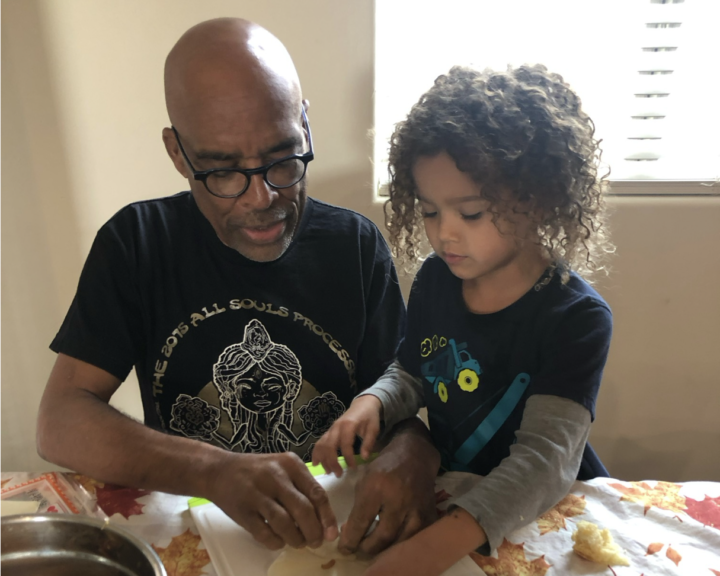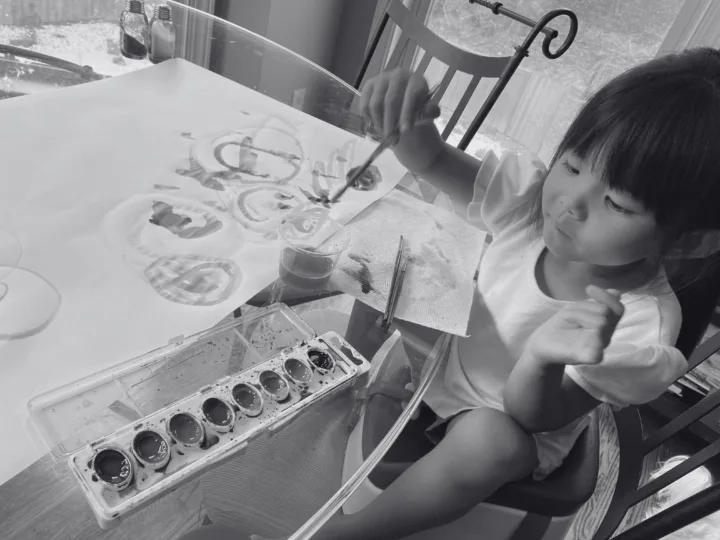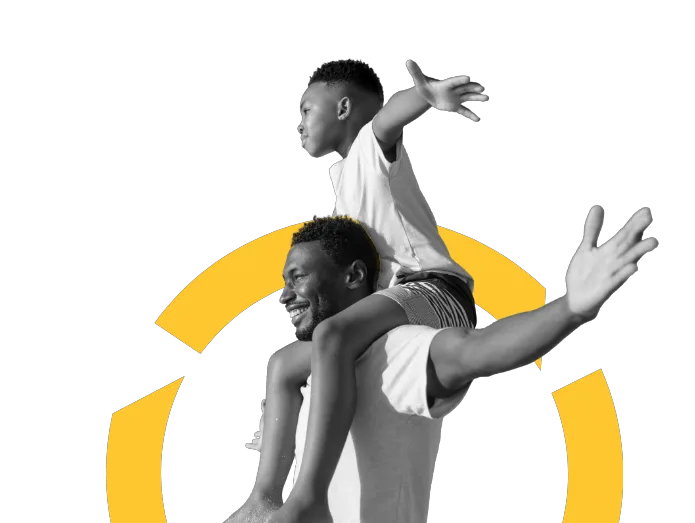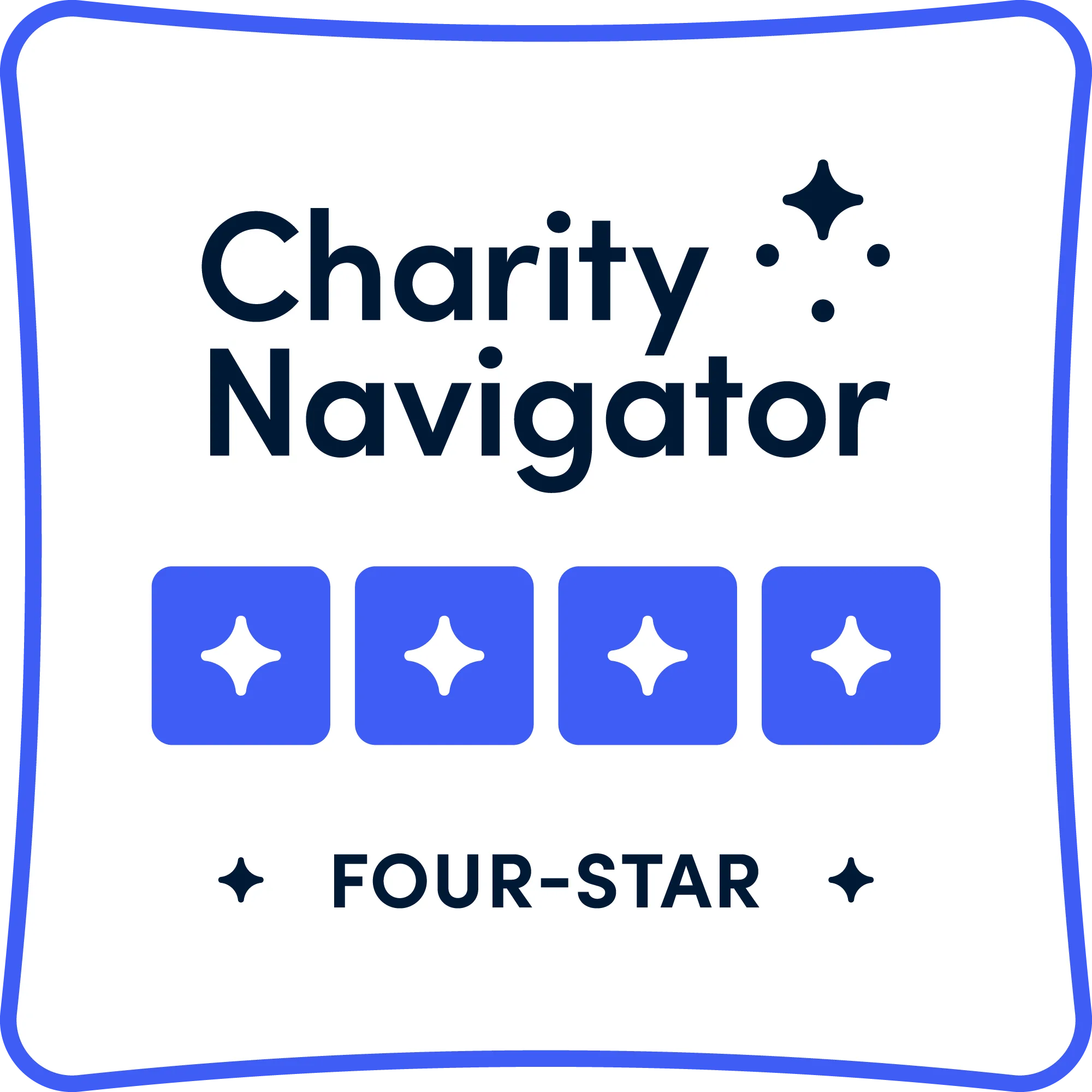This blog was written by Julia Connolly, LFC’s Communications and Program Leader
You know that rather cynical saying, “I’ll rest when the dust settles”? Another version echoes in my mind: I’ll be intentional when I’m not in a hurry. Just as cynical, I’d argue!
Intention, in itself, is quite simple: When I slow down, reflect on what I want to have happen, and choose to show up in ways that will accomplish that, I feel more grounded, spacious, and productive.
But in the very moments when intention would benefit me the most, I find myself tripping—pushing the practice aside because “it’ll take too long and I need to get this done NOW.” Then, in my rush to execute tasks, I’m flooded by static, losing sight of my purpose and passion all the while. And all this only makes it harder to pause the next time.
Even as an LFC team member, working in an environment where slowing down to set intention is the norm, I still struggle. And more and more, our team has realized that we all do.
None of us would claim we’ve mastered the practice. To support ourselves, we’ve each developed rituals: journaling, walking, drinking tea, reserving time in the day, and utilizing planners. As the hours pass, we check in to ensure we’ve remained on course. However we approach it, intention requires steady effort, frequent revisiting, and a willingness to begin again—and again.
Suffice it to say, it’s a simple concept but a challenging habit to master. And this raises the question: how do we integrate the practice into our daily lives—holding it as a tool that fuels and empowers us, rather than as “another thing we have to do”?
For me, intention is most sustainable when it starts small: A single deep breath in the morning as I notice anxiety rushing in before I’ve even opened my eyes. Wondering, as my feet first touch the floor—what do I want today to feel like? Pausing before joining a meeting to decide how I want to show up for my team. Rather than slow me down, these momentary choices bring clarity, calm, and a sense of alignment.
In our recent podcast episode, Amy White, LFC’s Executive Assistant, described her perspective on intention as “starting the day with how you want to end up that day.” She echoed Nichole Parks, LFC’s Executive Director, who reminded us that even on our most tired days, the goal is to carry our passion through—to close the computer feeling fulfilled and satisfied.
When communities commit to moving intentionally together, the impact is even more powerful. We often note how fast-paced this world is, and that speed, productivity, and convenience are prioritized above all else. But this isn’t the healthiest way for humans to live, making it especially important that we turn our attention toward intention whenever we can—creating opportunities for Humanity First values—like kindness, empathy, and respect—to guide us instead.
Within families, classrooms, and communities, intention can shift the atmosphere from rushed and reactive to grounded and caring. That’s why it matters so much for children–when the adults around them act with intention, they grow up surrounded by presence, purpose, and humanity. Of course, it isn’t easy—urgency will win out some days. But each time we pause, even briefly, we strengthen our intention muscle. Over time, those small resets add up, and practiced collectively, they ripple outward into communities where children can truly thrive.
